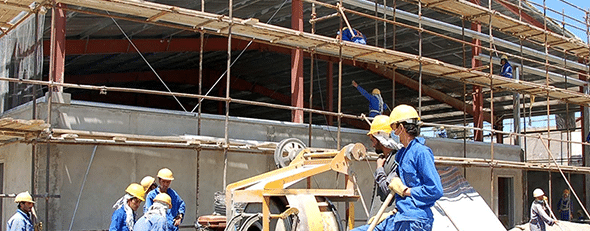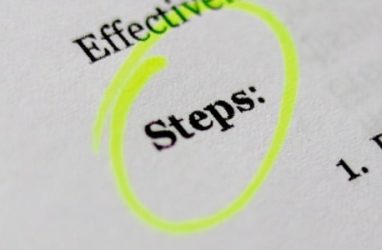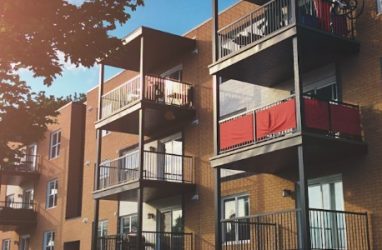Why do you need building permits?
Building codes and ordinances are enacted when necessary to ensure good, safe buildings. Permits are the vehicles which the local government uses to inspect all construction work as it progresses.
The property owner and the contractor are jointly responsible for obtaining the proper permits, although the action application can be delegated to the contractor.
Find Government Building Code Jobs
Find Government Building Code Jobs on GovtJobs.com today!
Typically the city’s Department of Economic Development, through its Building Division, is responsible for permitting all construction and conducting inspection of the work. The type of permits issued by the city are:
Building Permit
Building permits are required to erect, alter or enlarge any structure on your residential or commercial property. Permits are required for work ranging from new construction, remodeling, repair and additions, to new roofs, swimming pools, retaining walls, lawn sprinklers and signs. Whether building a new facility or adding on, a re quest for a permit must be accompanied with a plot plan that shows the proposed work and its location in relation to property lines and existing buildings. Plan diagrams and specifications assist in determining if the project conforms to building and zoning regulations.
Electrical Permit
An electrical permit is required to install all new wiring, to add to existing wiring, for new main service or electrical work that increases the power to an existing home or business. The city requires that licensed contractors do all electrical work. The contractor is required to apply for this permit. However, the property owner is responsible for ensuring that a proper permit has been obtained.
Heating and Air Conditioning Permit
All heating and air conditioning work from replacing existing units to installing a new system requires permits. This includes duct work and all furnace, space heater, compressor, condensers and evaporator installations. If a portion of the system is in the attic, permanent access to the attic is required. All heating and air conditioning installers must be registered by the city and all systems must have approval before installation.
Plumbing Permit
Water, gas and sewer plumbing systems must be properly installed to safeguard citizens’ health. All new or replacement water, gas or sewer service, as well as additions, require a permit. Only persons licensed by the local licensing board and registered with the city are permitted to install plumbing. The plumber designs and installs each system. Permanent access to the attic is required if a system is in the attic.
The plumber must obtain the permit, but the property owner is responsible for ensuring that the permit has been obtained.
Demolition and Moving Permit
Permits to demolish or move structures are required before work begins. Unless the person doing the work owns the property, contractors are required to be registered with the city and to be insured in order to obtain a permit. A cleanup deposit is required to obtain most demolition and moving permits. The deposit is refunded if all construction debris is removed from the site. The permit also serves as notification to remove the demolished or moved structure from the city’s tax rolls so that no additional property taxes will be levied. Other departments also use these permits to ensure that all potential health and safety hazards are removed.
Inspection
Permits are the first step in the city’s building approval process. Inspections are the second step.
Inspections are required throughout the course of a project to ensure that material used meets city standards and that quality work has been performed. The contractor must request that the city perform the pro per inspections at the proper stage of work. A final inspection is required before the city will release the contractor from liability. Property owners should not release the contractor from their contract until a final inspection has been conducted and all work has been approved.
Frequently Asked Questions:
Q. How did building codes and inspections originate?
A. The regulation of construction dates back to the days of Roman Emperor Nero, to the 12th century in Europe and to the 17th century in England. In the United States, codes began to appear as settlements were transformed into urban centers in the early 1800s.
Q. Why are building codes necessary?
A. Codes govern construction, maintenance of structures and the use of structures. Being aware of these factors can minimize the reoccurrence of fire, collapse and the panic that follows a disaster. The safety of all citizens must be considered foremost when a city develops a code.
Q. Why are permits required?
A. Permits are required so that the city has the opportunity to review the plans and correct any inconsistencies with the city codes. Correcting work after work is completed is more costly than correcting the mistake in the planning stage. Permits also allow the city to ensure safe construction and proper use of the structure. By assuring quality structures which are properly erected, the rights of neighbors and the safety of occupants are ensured.






